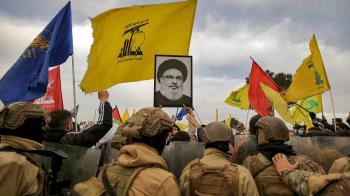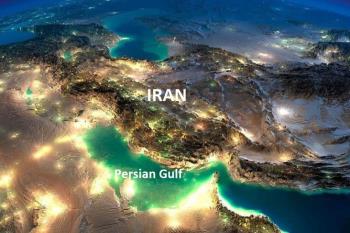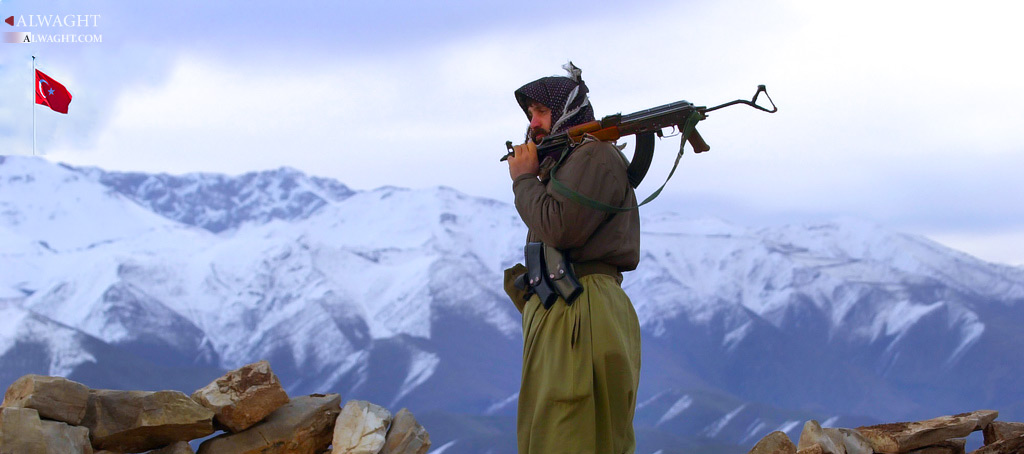Alwaght- After the New Year, officials of the Peoples’ Democratic Party including Selahattin Demirtaş and Figen Yüksekdağ co-leaders of the party invited the citizens to attend in rallies to support the democratic autonomy plan and condemn the policies of Erdogan. But the Kurdish citizens have ignored their demands so far, and their response could be interpreted with regard to their meaningful silence. Their silence could be a sign of protest against the leaders of Peoples’ Democratic Party and the utopian approaches of PKK.
Figen Yüksekdağ in a statement said, their demands for the establishment of a democratic autonomy is not only limited to cities of Jazireh, Sirnak, Mardin, Diyarbakir, Silopi, etc.,.... but they asked for implementation of this plan in the cities of Istanbul, Izmir, Ankara and other Turkish cities. These utopian statements were made while in most of the regions where the Peoples’ Democratic Party had won the majority of votes, including Silopi, Diyarbakir and Jazireh, peoples’ life is facing many issues, and the markets are half closed and a wave of displacement and destruction has dominated these cities. In these conditions, the people of these areas may now prefer peace and stability to utopian and uncertain aspirations of the Democratic Union Party leaders. Thus, unlike before, that Peoples’ Democratic Party had the power to hold very large rallies, now people are no longer willing to go along with the party, and the protests have been very limited. The sharp reduction in number of votes the Peoples’ Democratic Party won in June 7 election, compared to November 1, 2015, confirms that a vast majority of Kurds, prefer the stability to adventure, and would rather the party adopt the policies determined by Ankara.
For instance, the severe conditions of the Kurds in Turkey were the strategic mistakes result of the Peoples’ Democratic Party leaders. According to statistics released by the Peoples’ Democratic Party on 30 December 2015, since the beginning of the conflicts between PKK and the Turkish army, until the end of 2015 in 56 Kurdish cities and areas in Turkey, for 253 days, there was a curfew, during which more than 140 civilians have died. Also in the new year, according to official statistics, more than 20 civilians were killed as result of attacks launched by the Turkish army and police in Diyarbakir, Sirnakh (Sirnak), Jazireh, Silopi and Nusaybin.
It is evident that Selahattin Demirtaş has been completely obedient to orders of Jinah Jamil and has changed to a co-chairman of PKK and has no will of his own. It is time to ask what the outcomes of killing of two Turkish policemen were who had been killed in response to the events of Suruç, and what the Kurds received from staging another war against the Turkish army? It should also be asked, “how does drawing the conflicts in to Kurdish areas in Turkey, affect the advance of Kurdish issue? What we see is a wave of destruction, displacement, economic hardship and central government’s disregard for the Kurdish region that have been imposed on Kurdish citizens.
In addition to affiliated political wing of the Kurds, we should take in to account the adventures and extremism of Recep Tayyip Erdogan in Turkey and the West Asia. Now Justice and Development Party (AKP) has disregarded the doctrine of ‘Strategic Depth’ of Davutoglu which advocated the peaceful coexistence and minimizing tensions with the neighbors. The principle of ‘no conflicts’ has no place in Ankara's regional policies, but the policy of generating tensions, is the approach which is being pursued by Davutoglu. According to the doctrine of the‘Strategic Depth’, Turkey needs to resolve its domestic issues, especially that of the Kurds, so that it can play a global role in the international system. But following a change in Turkish foreign policy, the AKP abandoned the plans for reconciliation between the government and the Kurds, and now does not hesitate any kind of repression or even murder in the Kurdish areas of Turkey. In general, we may conclude that as a result of wrong policies of the Peoples’ Democratic Party and the PKK in Turkey in bringing the war in to Turkish cities, and Erdogan’s serious will for an all-out war against the Kurdistan Workers' Party, the civilian Kurds have been the victim of an unwanted wave of violence.
Critical conditions of the Kurdish citizens in Turkey are in a way that one may expect the beginning of a new Eregenkon in Turkey. Eregenkon was the policy of “regional ethnic cleansing” conducted by Turkish Intelligence Services and army in Kurdish areas aiming to eliminate the opposition and the nationalist Kurds. In line with this plan, a lot of murders and crimes occurred in the Kurdish areas which were unveiled in March 2008 in Turkish media, and caused a great shame for Turkish officials. Now, under the pretext of combating the PKK, Ankara can take illegal measures to murder the critics and liberalists who are not even affiliated to PKK. A crackdown that would be welcomed most likely and supported by a vast majority of Turkish citizens. In the end, it should be noted that the Turkish Kurds with their silence in response to demands of the PKK and AKP, showed their contempt for the radical behavior of both sides. Now, the Turkish citizens are convinced that freedom does not come by gun, and war cannot solve their problems.



























